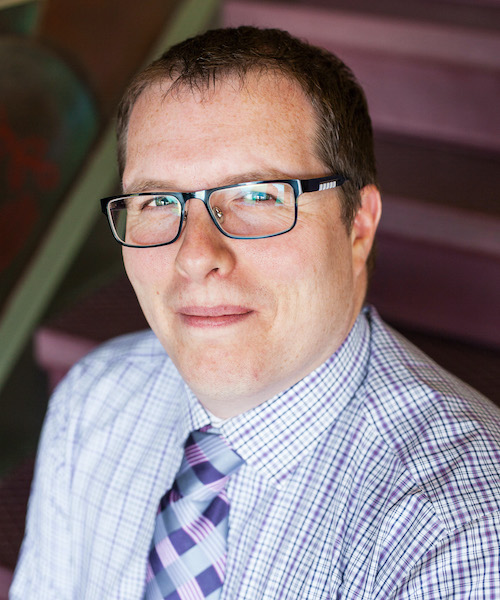“You are what you love” is the pop way that philosopher James K.A. Smith puts one of Augustine’s more basic ideas. The nobility of a person, their character, is defined by what they want, their end or their telos. Much of what Andrew Bennett calls to our attention in his post on freedom of religion and the interior life can be taken up with this insight, and the plural, many-faceted religious traditions which call for interior examination: Do we, in other words, love what we think we do? The interior life can be a treacherous place. And this is no more true for the person, than for the society. If I am what I love, if I become those things I most desire, then it is also true that we are what we love. Again, Augustine: a commonwealth, a political society, is defined by its common loves. Freedom of religion or belief is, fundamentally, that freedom of examination and application. It is as fundamental to the person as it is to a society.
Let me, then, add an addendum or extension to Bennett’s argument. He quotes at length Bret Scharffs, who rightly argues that freedom of religion or belief cannot be reduced to a simple freedom of association or assembly. It is rather, he says, a taproot for other freedoms, one planted deep, as far back as Magna Carta, and not something that can be reduced to individual associations or expressions. We must not sever the taproots of freedom, or disconnect our freedoms from their moral foundations.
The example Bennett uses is instructive: the case of Raif Badawi, the Saudi blogger who was charged with apostasy and insulting Islam, is not merely about freedom of expression. It is, perhaps, not even just about individual conscience. If human persons and societies are defined by their common loves, then the first and most fundamental freedom must surely be a kind of national romance, debating, discussing, challenging our first loves, whether we really love what we say we do, and whether—even—the object of our love deserves our devotion. The Badawi’s of the world are a kind of St. Ignatius of political life: Without their discipline and their “self-examination” there can be no national life.
Talking about love may feel a bit archaic or baffling for an international relations scholar, but it also challenges the individual/social or personal/political divide that Bennett, Scharffs, and others helpfully call out in religious freedom debates. Religion is about what we love, what we are ritually devoted to, what binds us, in the Latin etymology of the root religio. That has a personal dimension, but it also has a profound public dimension. What binds us, as a society, together? What are our common loves? Do we have the freedom to debate or even demur from those loves, and what are its limits?
This is effectively the challenge of pluralism, the way political theorists talk about it. The major mistake of the post-modern assumption that Bennett and Scharffs alert us to is that pluralism cannot be resolved by simply imagining away the interior life of a society or civilization. The irony of such an assumption is that it is not post-modern at all, but rather repeats the failures post-modernists rail against, reinstalling another, often coercive and hegemonic, set of loves into the public (common) realm, from which no disagreement can be tolerated.
Freedom of religion or belief, then, is perhaps the most fundamental freedom because it is the freedom of persons, communities, even a whole society, to come together of their own volition, bound by common objects of love. The stronger the objects of their love, says Oliver O’Donovan, the stronger a people, but no one, not even post-modern states, can coerce such love.
If, indeed, the character of nations is shaped by their common loves, freedom of religion or belief not only ensures a basic set of rights, it also ensures filial commitment on the part of a citizenry. It is, at its heart, the freedom to contest and debate what a nation is for, its identity, its future, and its loves. No nation that cannot debate its religious foundations (its loves) can be truly said to be free: There is no “self-determination” and no “organic” character where the fundamental questions of life and God are denied to a people. The incapacity to do political theology, as I have put it, would be a denial of the character of a nation; it would be an authoritarian formalism, frozen and fragile, destined not to bend and grow, but simply to break.
We need, then, maybe not only a new, albeit very different, Benedict, but also a new, albeit very different, Ignatius. We are what we love, but do we love what we think? And are these loves worthy objects? Any society which cannot ask, or rules out, those questions is neither free nor a society in any meaningful use of the terms.

